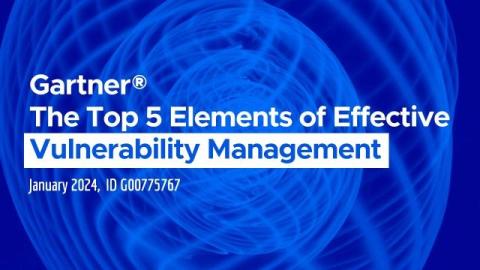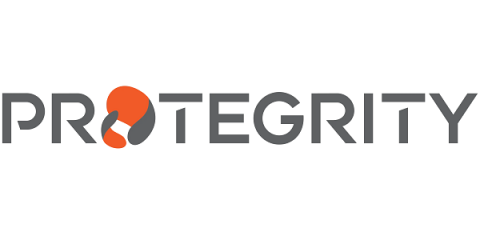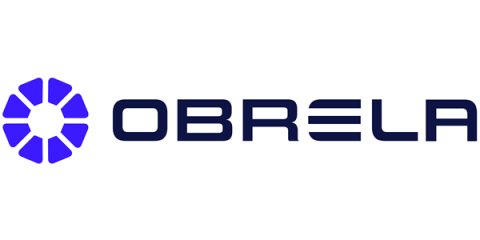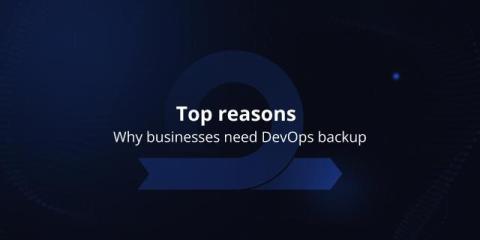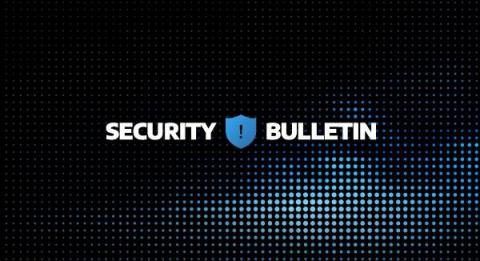Navigating the Challenges of CVE Management: Strategies for Effective Vulnerability Management
In today's rapidly evolving cybersecurity landscape, managing Common Vulnerabilities and Exposures (CVEs) is a critical yet increasingly complex task. As organizations scale their digital footprints, the sheer volume and diversity of vulnerabilities they must contend with have grown exponentially. This surge in potential threats, compounded by the sophisticated tactics employed by cyber adversaries, makes CVE management a required but complicated endeavor.


